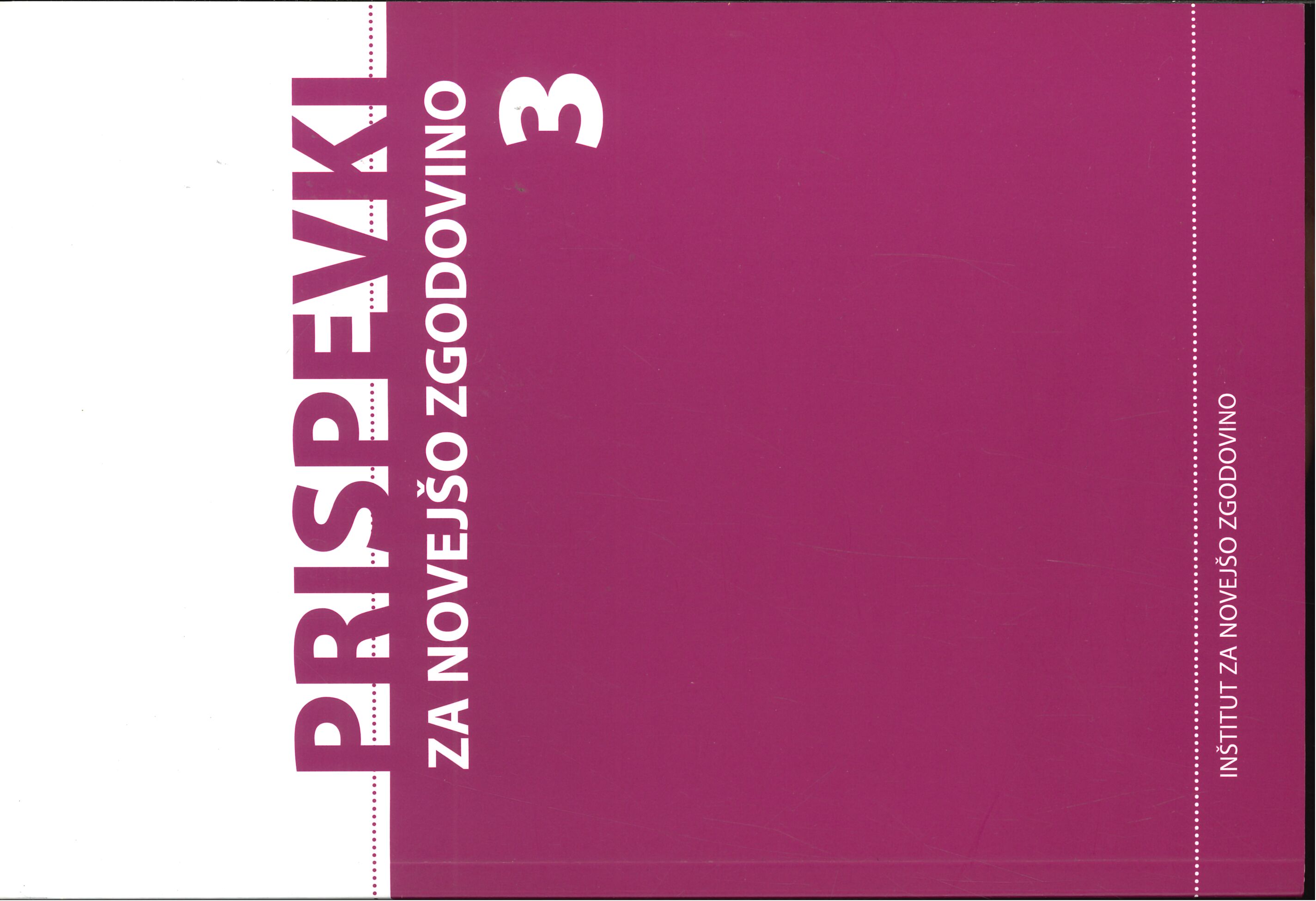Central European Border Settlements and Interwar Ireland: a Transnational Study of the North- Eastern Boundary Bureau and the Boundary Commission
DOI:
https://doi.org/10.51663/pnz.57.3.01Keywords:
Irish border, plebiscites, transnational history, Central Europe, PartitionAbstract
ABSTRACT
In the aftermath of the Great War, the birth of new independent small states in East-Central Europe was closely followed in Irish nationalist circles due to the possibility of Partition in Ireland. Newspaper editorials, journal articles and diplomatic accounts illustrate that post-war Ireland had an open attitude toward the settlement of borders on the Continent as the dissolution of the Austro-Hungarian Empire was similarly controversial. This paper aims to investigate how contemporary Irish commentators perceived the question of boundary settlements in Central Europe in order to provide an insight into the transformation of political space in both Ireland and Central Europe. After providing a brief background to the Irish boundary question, this paper touches upon the most important points in historiography with regard to border settlements in the post-World War I era.. It also discusses Irish Partition history in detail, concentrating on the North-Eastern Boundary Bureau (NEBB) and the Boundary Commission, and the importance of Central European precedents in their work. Moreover, this paper also proposes to provide an insight into the Irish interest in the minority problem in European borderland regions after 1925 in order to illustrate the outward-looking attitude to Irish nationalists, even in relation to borders and minorities.
References
Brubaker, Rogers. Nationalist Politics and Everyday Ethnicity in a Transylvanian Town. Princeton: Princeton University Press, 2006.
Hand, Geoffrey J. “Introduction.” In Report of the Irish Boundary Commission 1925. Shannon: Irish University Press, 1969. Howe, Stephen. Ireland and Empire: Colonial Legacies in Irish History and Culture. Oxford: Oxford University Press, 2000.
Keatinge, Patrick. A Place among the Nations: Issues of Irish Foreign Policy. Dublin: Institute of Public Administration, 1978.
Kennedy, Michael. “Chicanery and Candour: The Irish Free State and the Geneva Protocol, 1924-5.” Irish Historical Studies vol. xxix, no. 115 (May 1995): 371-384.
Kennedy, Michael. Division and Consensus: The Politics of Cross-Border Relations in Ireland 1925-1969. Dublin: Institute of Public Administration, 2000.
Kennedy, Michael. Ireland and the League of Nations 1919-1946. International Relations, Diplomacy and Politics. Dublin: Irish Academic Press, 1996.
Keown, Gerard. “Creating an Irish Foreign Policy in the 1930s.” In Irish Foreign Policy 1919-1966: From Independence to Internationalism, edited by Michael Kennedy and Joseph Morrison Skelly, 25-43. Dublin: Four Courts Press, 2000.
King, Jeremy. “Austria vs. Hungary: Nationhood, Statehood, and Violence since 1867.” In Nationalitätenkonflikte im 20. Jahrhundert: Ursachen von inter ethnischer Gewalt im europäischen Vergleich [Nationality Conflicts in the 20th Century: Causes of Inter-Ethnic Violence in European Comparison], edited by Philipp Ther and Holm Sundhaussen, 163-182. Berlin: Harrassowitz, 2001.
Lee, J. J. Ireland 1912-1985: Politics and Society. Cambridge: Cambridge University Press, 1989.
Leerssen, Joep. National Thought in Europe: A Cultural History. Amsterdam: Amsterdam University Press, 2008. Lynch, Robert. Revolutionary Ireland, 1912-25. London: Bloomsbury Academic, 2015.
Martin, Ged. “The Origins of Partition.” In The Irish Border: History, Politics, Culture, edited by Malcolm Anderson and Eberhard Bort, 57-112. Liverpool: Liverpool University Press, 1999.
Murray, Paul. The Irish Boundary Commission and its Origins 1886-1925. Dublin: UCD Press, 2011.
Nolan, Aengus. Joseph Walshe: Irish Foreign Policy 1922-1946. Cork: Mercier Press, 2008.
Sagarra, Eda. Kevin O’Shiel: Tyrone Nationalist and Irish State-Builder. Dublin: Irish Academic Press, 2013.
Sharp, Alan. “Reflections on the Remaking of Europe 1815, 1919, 1945, post-1989: Some Comparative Reflections.” Irish Studies in International Affairs vol. viii (1997): 5-20.
Steiner, Zara. The Lights That Failed. European International History 1919-1933. Oxford: Oxford University Press, 2007.
Published
Issue
Section
License
Authors who publish with this journal agree to the following terms:
- Authors retain copyright and grant the journal right of first publication with the work simultaneously licensed under a Creative Commons Attribution License that allows others to share the work with an acknowledgement of the work's authorship and initial publication in this journal.
- Authors are able to enter into separate, additional contractual arrangements for the non-exclusive distribution of the journal's published version of the work (e.g., post it to an institutional repository or publish it in a book), with an acknowledgement of its initial publication in this journal.
- Authors are permitted and encouraged to post their work online (e.g., in institutional repositories or on their website) prior to and during the submission process, as it can lead to productive exchanges, as well as earlier and greater citation of published work (See The Effect of Open Access).


